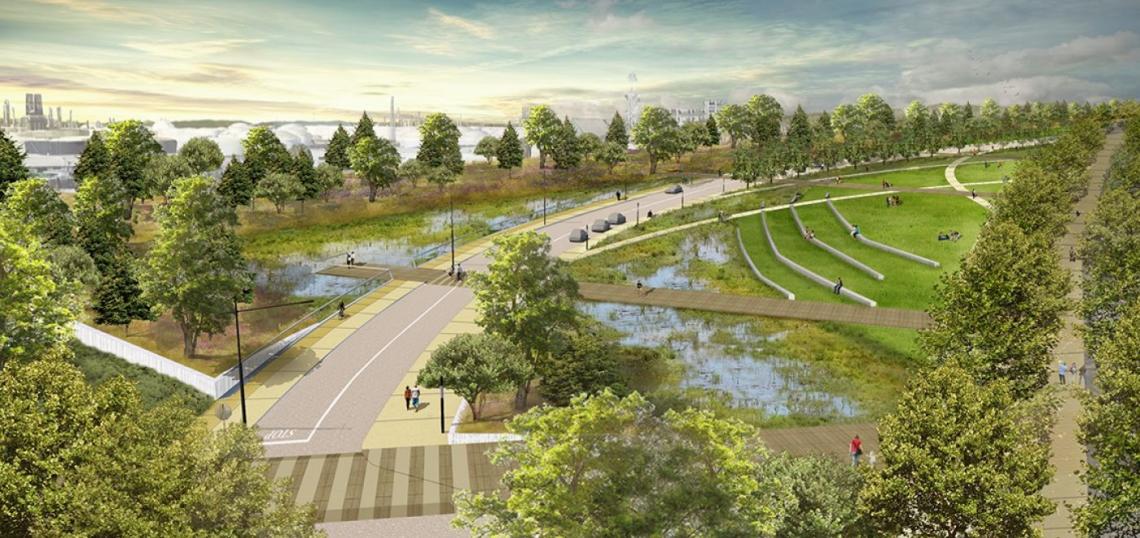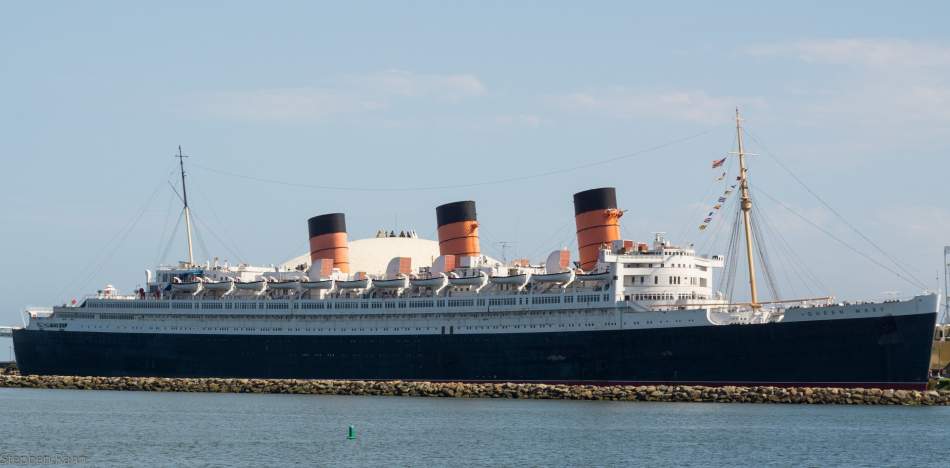Things to read from the past week:
Biden has a plan to remove some freeways. Will it make cities more healthy? "The successes and failures of the Mandela Parkway are emblematic of the challenges faced by a new urban renewal movement, which seeks to replace dozens of stretches of elevated urban freeways built in the 1950s, ’60s and ’70s across the United States. These highways bisected cities, displacing residents and local businesses in what were frequently lower-income, working-class, non-white neighborhoods. Pollution and noise plague the health of those who continued to live nearby." (LA Times)
How SoCal Edison Plans to Build 38,000 EV Chargers Across Southern California "Southern California Edison (SCE), which provides electricity for most of Los Angeles County outside of the city of Los Angeles, announced Monday that it's putting down $436 million to build a network of chargers at businesses, schools, government agencies and apartment buildings. Billed by SCE as the largest EV charging program run by a private utility company in the U.S., the company will offer qualifying customers installation and maintenance of the chargers. Customers must pay for the installation up front, but can apply for a rebate through the program." (dot LA)
Low-Income People of Color Bear Brunt of Rising Pedestrian Deaths (including in Los Angeles) "Specifically, Brozen and Ekman found that — in looking at data from 2013 to 2017 — Black pedestrians are 14% of victims overall, even though they’re only 9% of the city’s population." (Witness LA)
The City is Deciding to Remove All Hand-Washing Stations At Encampments As COVID-19 Cases Surge (Again) (LA Taco)
Historic Queen Mary's Voyage Hasn't Been All Glitz and Glamour "Officials in Long Beach, California, face tough decisions in coming months when it comes to ensuring the long-term viability of the Queen Mary, which is at risk of literally sinking without urgent repairs. But the ocean liner-turned-hotel and tourist attraction has seen — and survived — more than its share of physical and financial peril since it was built and launched from a Scotland shipyard 87 years ago." (CoStar)
L.A. County will require masks indoors amid alarming rise in coronavirus cases "Just a month ago, Los Angeles County and the rest of California celebrated a long-awaited reopening, marking the tremendous progress made in the battle against COVID-19 by lifting virtually all restrictions on businesses and other public spaces. Now, the coronavirus is resurgent, and the nation’s most-populous county is scrambling to beat back the pandemic’s latest charge." (LA Times)
Why Is It So Hard To Get A Ride Share? Because Many Drivers Are Hesitant To Get Back Behind The Wheel "Like many other industries facing a shortage of workers, ride share app companies are struggling to find enough people to drive. Increased demand combined with low supply makes for long wait times and higher prices." (LAist)
California will spend a record amount on homelessness. Here’s where it’s going "California will spend a record $4.8 billion over two years to alleviate homelessness after legislators Thursday unanimously passed key details of a new state budget. The package, once signed into law by Gov. Gavin Newsom, will mark the state’s largest financial commitment to date in assisting people without adequate and safe housing." (LA Times)
Column: Is homelessness a property rights issue or a human rights issue? We have to decide "For one group, the crisis is about the unchallenged misuse of public and private property. It’s a problem of wounded civic pride, lowered property values and dwindling tourism and investment dollars, with a seemingly easy solution: Just get homeless people out of our parks and off our sidewalks....For the other side, the crisis is one of people lacking homes and the maelstrom of medical, psychological and addiction problems that accompany a life on the streets. To them, the main problem is a rapacious, profit-maximized real estate market that generates evictions and homelessness faster than we can house homeless people. And a perfect solution to this problem doesn’t quite exist." (LA Times)
Landlords, Nonprofits Team for Programs to House the Homeless "One example is LeaseUp, a program by LASHA and PATH. The program matches landlords with underserved renters. Landlords get market rents for their properties, plus other incentives, while the organizations get people who are having difficulty finding housing into units instead of having them end up on the streets. From November to February, more than 1,200 units were added to the program by 600 landlords." (LA Business Journal)







